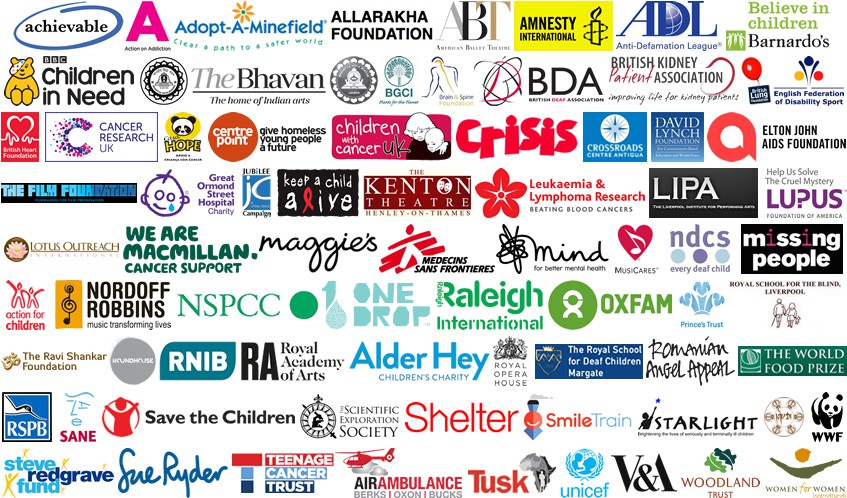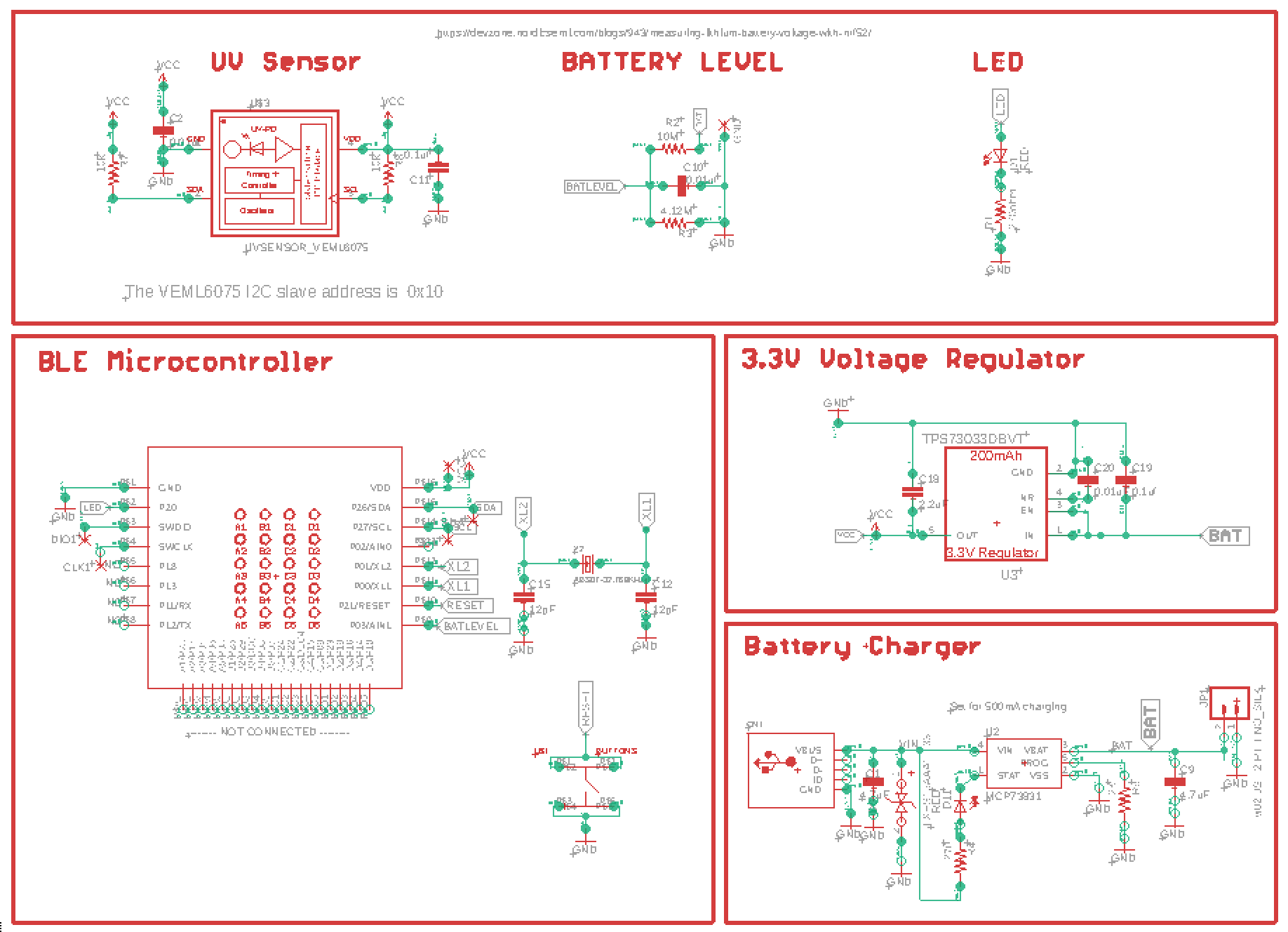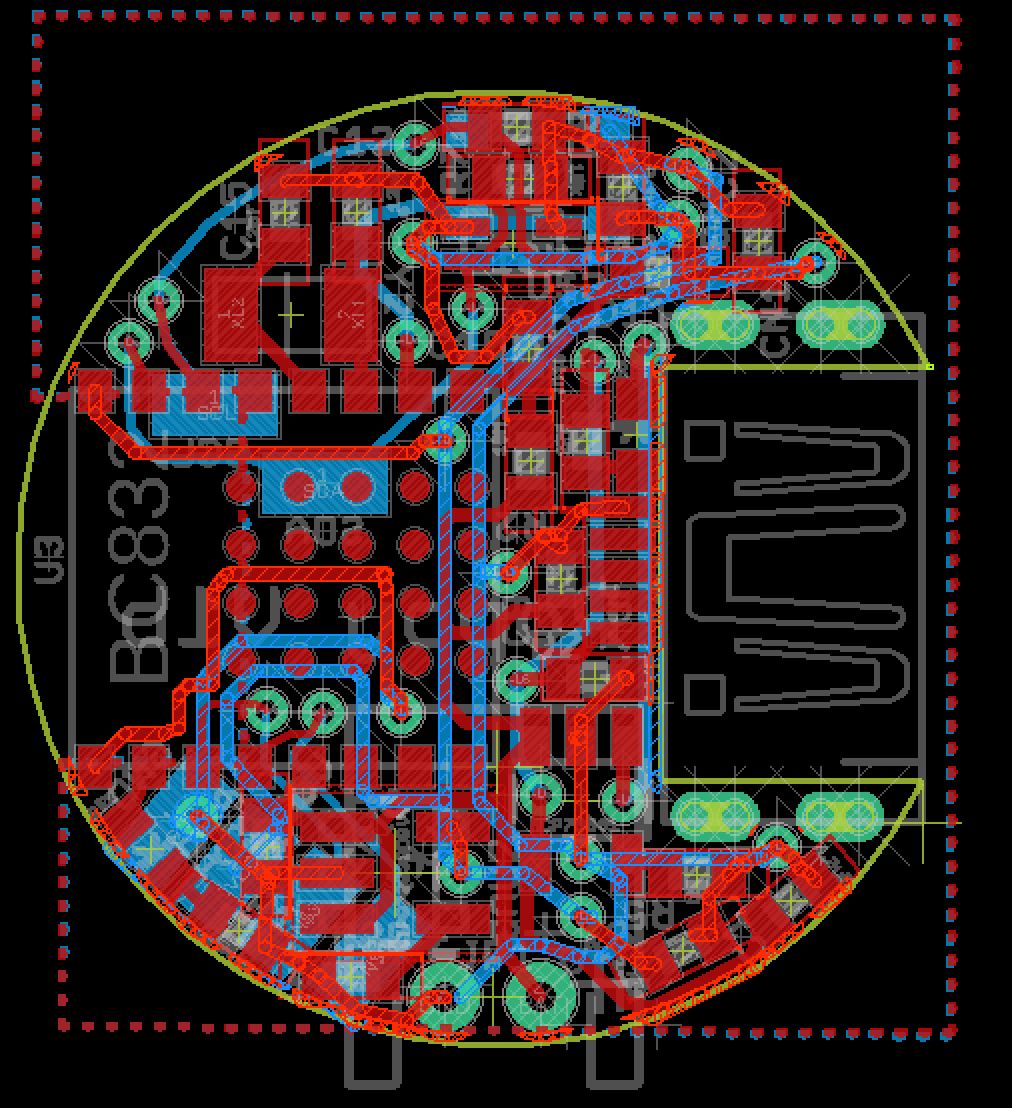The Problem
Charities often don't have the time, money, or expertise to develop technology related products, which could be sold to raise extra money. The global market for technical consumer goods exceeded the one-trillion mark for the first time in 2018 with sales of €1.01 trillion [1]. Imagine if charities could access this market.
The Solution

There are thousands of charities around the world, by developing products that directly and indirectly help the charity, that can be sold by or on behalf of the charity, could be a great way to raise awareness and generate additional funds. I call this the tech for charity appeal, with our main goals being to:
1) Help people
2) Raise more money for charities.
There are various options to support charities: technology and support could be directly donated to a charity, and they would manufacture the products, or a company could be setup to manufacture the products and provide after sales support on behalf of the charity. Ideally a company would be setup to take advantage of economies of scale to support multiple charities, but every solution can be discussed with charities.
Poppy Project
The Poppy project will be the first Tech for Charity project, with the aim of creating a smart poppy that can measure UV light and send notifications to your phone.
Design
The design of the smart Poppy is inspired by the current poppy appeal poppy. The goal is to fit the electronics into a slightly larger version of the black button in the middle.

Technology
The smart poppy technology is possible by using light sensors to estimates UV exposer, which is linked to vitamin D generation, sun burn, skin cancer, depression, and many other conditions. To make the data from the light sensor usable, it can be transmitted to a mobile app using bluetooth, and notify the user when their limits are reached.
Science
The sun produces different wavelengths, too much of some of those wavelengths can cause problems. The most damaging are the 290nm - 400nm UV bands, i.e. the UVA and UVB bands.

However, you need to have a certain amount of sunlight to help your body generate enough vitamin D, and the amount of sunlight you need depends on what you are wearing.
Unfortunately, vitamin D deficiency is very common, with some estimating that it affects over 40% of all adults. The health consequences of vitamin D insufficiency are numerous and include depression, increased risk of skeletal diseases, metabolic disorders, cardiovascular disease, infections, cognitive disorders, and some cancers.

The sun also has the ability to heal wounds, so we can't completely cover up, but it is worth being careful. Knowing exactly how much sunlight you are getting could be very beneficial for your health.
Hardware
BLE Microcontroller (NRF52)
I have worked on a number of BLE microcontrollers (see here) that could be suitable, but i feel the best solution would be the NRF52 BLE microcontroller, as it is a 2in1 microcontroller and BLE radio all in one chip. It also has a good community of developers, good documentation, and lots of great examples, which make it easier to develop with.
Light Sensor (VEML6075)
The VEML6075 is a light sensor that can measure both UVA and UVB light, which are the most important UV bands that cause the most damage. It is a simple I2C sensor, can be easily attached to the NRF52.
PCB Schematic

PCB Layout

Software
The software for the NRF52 would be embedded C. I also use Segger Embedded Studio as the IDE, as it's free and has no limitations.
The Future
Poppy is the first of many tech for charity projects. Its aim is to develop technology that can help people and society in multiple ways.
Donate - Want to Help?
We are always looking for like minded supporters who want to help the world, if you feel like you have the skills to help or would like to donate your time, please send us a message.
If you want to donate to a charity, here are a few I donate to:
Save The Children: https://www.savethechildren.org.uk
RSPCA: https://www.rspca.org.uk/
Unicef: www.unicef.org.uk
References:
[1] https://appdevelopermagazine.com/tech-consumer-goods-market-reaches-$1.01-trillion-worldwide/
 James Cannan
James Cannan